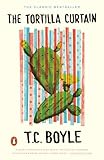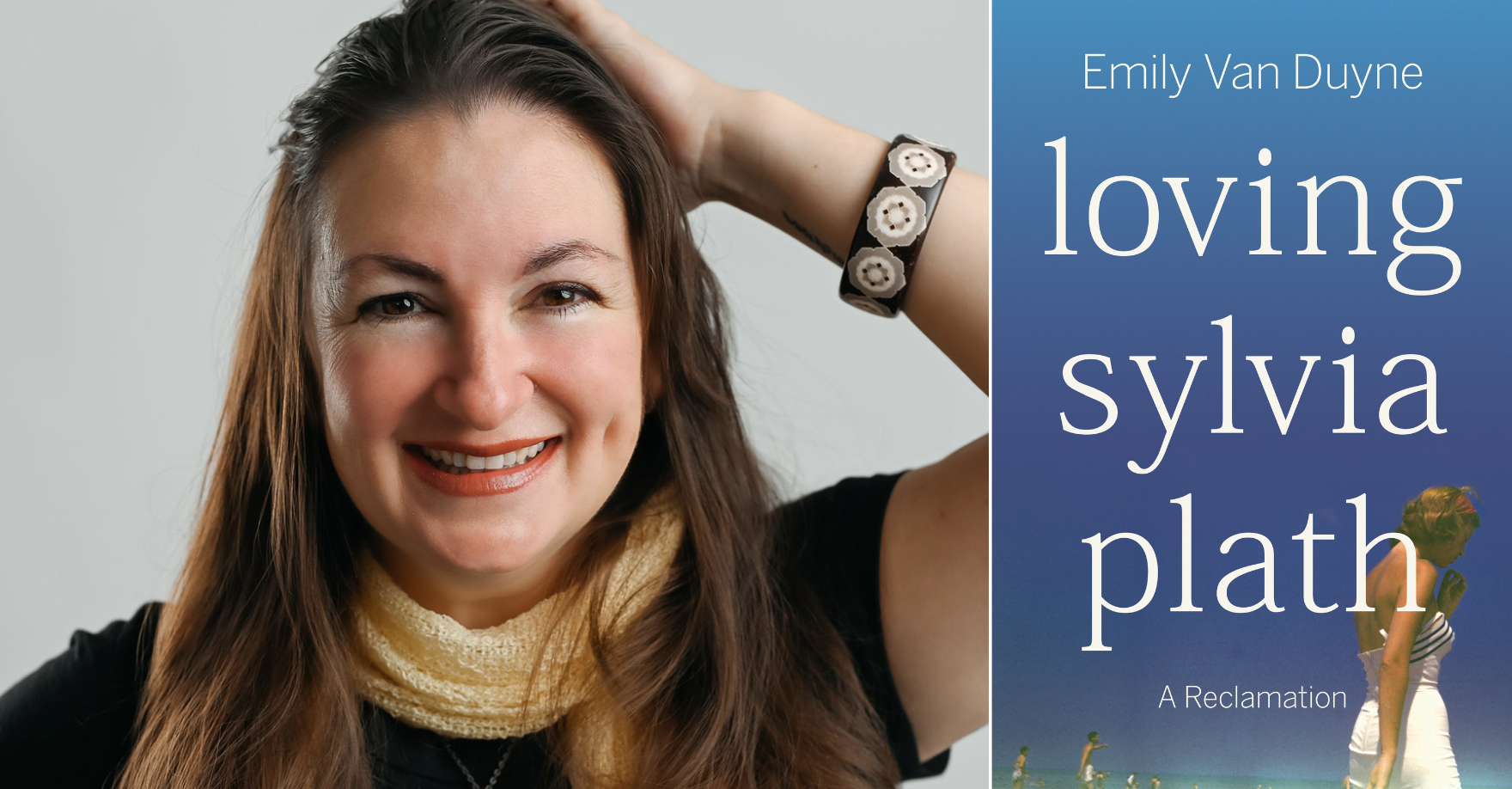
“One of the Big Apple’s most celebrated sons,” the BBC once described Paul Auster. “A literary giant.” Auster, the screenwriter of four films (and director of three), hit a knockout with Smoke. The 1995 classic is a lovely, emotional look at Auggie Wren’s Brooklyn community smoke shop. The early icon of Brooklyn literary cool is a novelist and essayist, translator and poet, and much more.


 Over the phone from his Park Slope home studio, Siri Hustvedt’s husband is a generous, avuncular interviewee, speaking musically in that distinctive voice chiselled by a lifetime of fine cigars. The author of five autobiographies brings the frankness his memoirs like The Invention of Solitude are known for. As in his best writing: Auster is cerebral and elegant, passionate and precise. Having inspired younger stars from Jonathan Lethem to Karl Ove Knausgård, he remains a varied, engaging storyteller. (The co-director of Blue in The Face — starring Lou Reed and Jim Jarmusch — has film in a number of his novels, like The Book of Illusions.)
Over the phone from his Park Slope home studio, Siri Hustvedt’s husband is a generous, avuncular interviewee, speaking musically in that distinctive voice chiselled by a lifetime of fine cigars. The author of five autobiographies brings the frankness his memoirs like The Invention of Solitude are known for. As in his best writing: Auster is cerebral and elegant, passionate and precise. Having inspired younger stars from Jonathan Lethem to Karl Ove Knausgård, he remains a varied, engaging storyteller. (The co-director of Blue in The Face — starring Lou Reed and Jim Jarmusch — has film in a number of his novels, like The Book of Illusions.)
4321, his first novel in seven years, runs 866 pages, peppered with traumatic 20th-century American history, from John F. Kennedy’s assassination to the Attica prison riots. It charts four alternative lives for protagonist Archie Ferguson, Newark-born in 1947.
Despite America’s grim political moment, Auster is persuasive about humanity’s capacity for imagination and transcendence, and the future of good books.
The Millions: Smoke begins with that beautiful, inviting shot of Brooklyn looking back to the twin towers.
Paul Auster: I know, I know [elegiacally].
TM: On 9/11 I was in St. Dizier, one of the worst dumps in France. Seeing you on TV, saying that you thought New York was going to be okay, was reassuring. Now, as your wife Siri Hustvedt put it in The Guardian: “When fascism comes to America, they will call it Americanism,” and “Reality didn’t matter.”
PA: Siri’s written some very powerful pieces during and after the campaign. We’re both galvanized, I must say, and we’re digging in our heels and we’re going to try to do as much as we can, and stay as vigilant as we can. Trump ran on division, hatefulness, and the desire to smash everything to bits, which is, I think, unprecedented in American history.
We think our institutions are very solid, but not necessarily, and you keep attacking them, then suddenly the foundations are going to collapse, and then we’re in for real trouble. I don’t want to go on and on about Trump and his cabinet appointments, but pretty much everyone he’s picked so far is someone who has made a career out of trying to dismantle the very agency he’s supposed to lead. So, we’re in for a very weird, weird time. The Environmental Protection Agency is there to protect the environment and if the person in charge of it doesn’t believe in it, then how can he be the head of it? This is the absurd impasse we’ve come to now, where somehow it seems legitimate to millions of people in the country to take apart everything we’ve tried to build up all these years. And for what?
TM: I like how 4321 is spiced with dramatic 20th-century American history: the Vietnam War, JFK’s assassination, the Attica prison riots, Rockefeller drug laws, ‘68 Columbia University protests. Referring to the Newark race riots in 1967, you said: “I did see that colonel from the Jersey State Police saying those terrible things about ‘wanting to kill every black bastard in the city’. It was horrifying.” Starting with grotesque Birtherism, Trump has unleashed this shocking old racism.
PA: It goes back to the very early days of America. The pity is that Obama’s election, I felt at the time, was maybe our finest hour as a country. What a man he is, Obama! Sadly his election created such a reaction among a big swamp of the white population in America: they demonized him from the instant he took office and opposed every single thing he tried to do, and insulted him, denigrated him and he stood up to all of that, for eight years, with remarkable dignity. I’m so impressed by it. The man is truly extraordinary. It’s not that I agree with all his policies, he’s much more moderate than I am, but the human qualities of this man are so admirable. I don’t think we’ve ever had anyone of this stature and moral integrity as this president, Obama. So, I’m going to miss him terribly, I must say.
TM: Trumpism, like the traumatic times in 4321, reminds me of an enduring line from William Faulkner: “The past is never dead. It’s not even past.”
PA: Our country is built on these two primal sins: the sin of slavery and the sin of genocide, and I think we can’t really become a fully functioning, mature country unless we own up to how we started.
TM: You have a history — partly in your leadership role through PEN as an advocate for free speech — of challenging Trumpish authoritarians, like the Turkish dictator Erdoğan. That must have been a real accolade for you in 2012 when he slammed you as an “ignorant man,” after you protested his jailing of writers?
PA: A couple of years later, I met one of the journalists who had been in prison at the time, and he had come to New York because he was getting an award from the excellent Committee to Protect Journalists. He told me when my statement was published in the Turkish paper, he and all the other prisoners in the prison where he was incarcerated started cheering. So, it does matter to speak up. It really makes a difference. As part of my response to Trump, I decided recently to take on the presidency of American PEN in a year. I’m going to do as much as I can do: Speak out about all these things.
TM: Under Trumpism, some leftists are rediscovering the importance of free speech. You and Salman Rushdie, unlike some writers, stood in support of the murdered Charlie Hebdo cartoonists.
PA: Yes, that was an issue that divided American PEN in ways that I would never have predicted and lifelong friendships were shattered in this dispute. I still don’t understand, I can’t get my mind around the people who oppose giving Charlie Hebdo the award. Seems like such a simple matter: martyrs for free speech deserve to be recognised, but these people had another point of view, which I didn’t agree with. Free speech is a black-and-white issue. There is no grey. Once you start making exceptions, then there is no more free speech. The people arguing against the award said that Charlie Hebdo engaged in what we would call hate speech, but I don’t agree with this. They were just obnoxiously making fun of everybody, and they were never singling out any one group for attack. They were opposed to everything and there’s something healthy about that, I think.
TM: “You want to burn up and destroy all your previous work; you want to reinvent yourself with every project…You have to challenge yourself,” you once told Jonathan Lethem. Does that still speak to your creative instinct?
PA: I’m happy to hear these words read right back to me. They’re very forceful, true. I still subscribe to them wholeheartedly. You dry up if you keep repeating yourself. It’s useless.
TM: Jonathan Lethem, for his part, is sharp on sex: “I couldn’t agree more that the dirty secret of the [American] contemporary mass culture self-image is that we flatter ourselves on being extremely jaded and sophisticated, but we’re awfully prim and censorious and Victorian about so many different things.” For example, a politician involved in a consensual sex scandal, everyone’s so disgusted they need to know every last detail.
PA: Siri and I were highly amused when the Bill Clinton and Monica Lewinsky thing broke, how the press seemed to act as if no one has ever had sex before. The disdain that people showed for him engaging in whatever it was he did, really was the height of hypocrisy. As if no member of the press has ever had an affair outside of his or her marriage. It becomes ridiculous and America is a country of tremendous hypocrisy in these matters. More so I think than any other country in the West. I mean Mitterrand, the president of France, had two families and everyone left him alone about that. They knew but they didn’t care. It’s his private business. As long as he’s not sleeping with a, I don’t know, a Russian agent, he can do whatever he wants.
TM: Speaking of Siri, in her essay “A Plea for Eros,” she wrote that “American feminism has always had a puritanical streak, an imposed blindness to erotic truth.”
PA: She’s right. Siri is someone unafraid to talk about these things in her work, and more power to her.
TM: There’s quite a lot of sex in 4321. Any comment you’d make on the nexus between sex and creativity?
PA: Ooh, what a big question that is. Sex is, of course, fundamental to all of us. It’s probably the most interesting subject in the world. I’ve noticed, over the years, my ability to write about it more fully. In my early novels, not so much. People were having erotic encounters, but I’d never described it at much length. In some books, more recently, I’ve been able to do that. I’ve been fascinated by it, to tell you the truth. Nothing I’ve written could be said to be just about eroticism. But there are erotic components to most of my books.
 I suppose the most erotically charged thing I’ve ever written is in the novel Invisible, when there’s this affair described between a brother and a sister. But whether it really happens or not is not clear in the narrative. But I remember feeling that I had to go into another zone altogether in my mind and just knock down all fear of squeamishness or prudery and go there, because if I didn’t then the passages would have been useless. I mean it’s not that they’re obscene, these passages. I’m not talking about pornography, but I’m talking about an accurate description, I hope, of erotic experience.
I suppose the most erotically charged thing I’ve ever written is in the novel Invisible, when there’s this affair described between a brother and a sister. But whether it really happens or not is not clear in the narrative. But I remember feeling that I had to go into another zone altogether in my mind and just knock down all fear of squeamishness or prudery and go there, because if I didn’t then the passages would have been useless. I mean it’s not that they’re obscene, these passages. I’m not talking about pornography, but I’m talking about an accurate description, I hope, of erotic experience.
4321, yes there are sex scenes in the book. But all of them are crucial to the story, and because the book’s so complex, because I have a protagonist who’s not just one person but four, there are four of my Archie Fergusons, each one living his own parallel life, having different experiences from the other three. One of them, as a young person, has a bisexual life and I never went into any of that material before and certainly it’s not autobiographical.
Writing about violence, too. Things I’ve never done myself, but it’s not hard to imagine how someone can lose control of himself and do awful things, violent things to another person.
 TM: When The Tortilla Curtain came out, some people attacked T.C. Boyle for appropriation, despite his sympathy and skill evoking the undocumented Mexican experience.
TM: When The Tortilla Curtain came out, some people attacked T.C. Boyle for appropriation, despite his sympathy and skill evoking the undocumented Mexican experience.
PA: Nobody owns the imagination. If we didn’t have the power to project ourselves into the minds and bodies of other people, people unlike us, I don’t think there would be such a thing as society. We wouldn’t be able to communicate. The whole idea of being a person is the fact that once you reach a certain level of mental and emotional maturity, you’re able to look at yourself from the outside. You’re able to see yourself as one person among many. Millions, in fact. Which then you take that one step further and you realize then you have to have the ability to project yourself onto others in order to try to understand them. Either sympathize with them, empathize with them, however you want to define it, but without that quality we wouldn’t be human beings. So, every time I hear someone get up and say: “You can only write novels about people exactly like yourself,” they’re saying that there is no such thing as the imagination. Which means people are not people [Laughs].
TM: “So then only men could write about men, only women could write about women. Only dogs could write about dogs. It becomes a kind of fascism in itself,” T.C. Boyle responds.
 PA: That’s right. It’s truly absurd. Getting back to Tolstoy, then he wouldn’t have been allowed to write Anna Karenina. I mean these are absurd arguments and yet people actually do make these arguments, and I’ve always been appalled to hear them.
PA: That’s right. It’s truly absurd. Getting back to Tolstoy, then he wouldn’t have been allowed to write Anna Karenina. I mean these are absurd arguments and yet people actually do make these arguments, and I’ve always been appalled to hear them.
TM: What do you hope 4321 might accomplish?
PA: I wrote the book, now it doesn’t belong to me anymore. I mean, needless to say, every writer hopes that every human being on the face of the Earth will read his book, but that doesn’t happen.
TM: It’s heartening that good books and independent book stores seem to be doing well.
PA: Yes, absolutely. The novel has been pronounced dead, I guess, maybe 50 million times in the last 100 years, but it’s still thriving. The novel is one of the only places in the world where two strangers can meet on terms of absolute intimacy. We need storytelling in order to understand our own lives and I don’t think that this impulse to create fiction– and to read it — is ever going to go away. Paper books are better technology. It’s more pleasant to read a book and turn the pages than to push buttons on a screen. The novelty of this has died out now and sales of e-books have leveled off now for several years. Paper books are very much alive and will continue to be alive.
TM: Do you hope to write till your last day, like Wayne Barrett and George Orwell did?
PA: I hope so. Of course, George Orwell didn’t live very long. He died at 46, when I think I’m about to turn 70. It’s quite a difference. Yes, I want to keep going. I don’t see how artists can retire, really.








